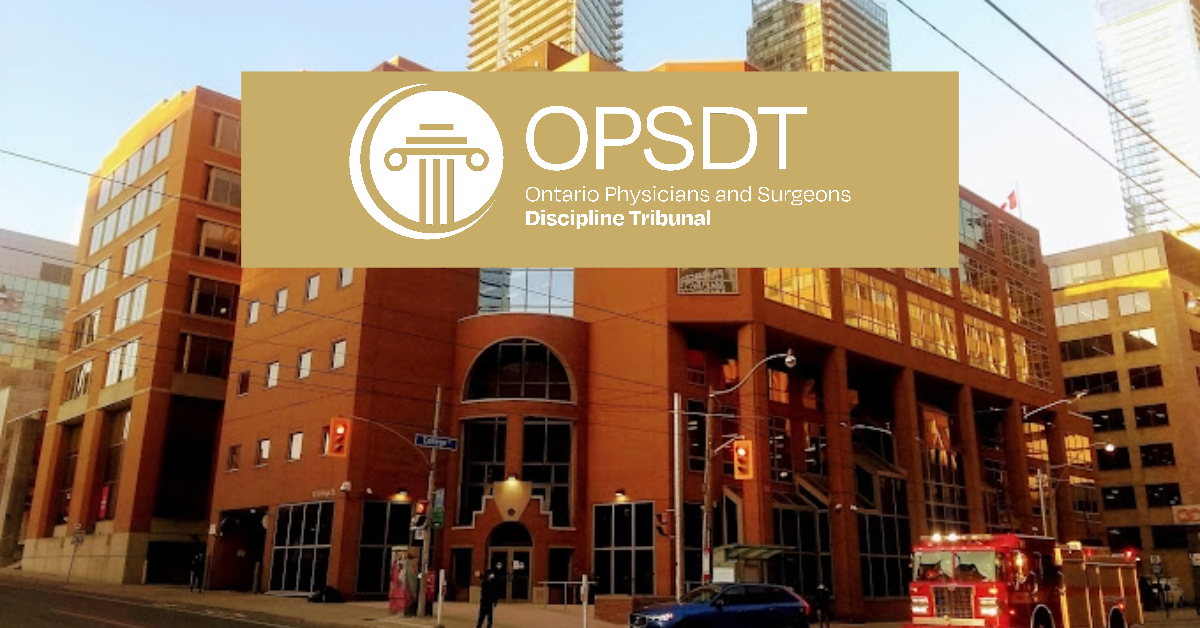
Nurse Alters Morphine Record, Patient Dies: CNO Orders Permanent Resignation
A Profound Breach of Trust in End-of-Life Care In CNO v. Lindsey Coyle, the Discipline Committee of the College of Nurses of Ontario addressed one

On March 1, 2024, the Court of Appeal for British Columbia dismissed an appeal from the trial judge’s order dismissing a medical negligence action against the respondents, Dr. Mark Miller (“Dr. Miller”) and Dr. Andrew Best (“Dr. Best”), which arose from the death of the appellant’s husband.
The appellant asserted that the respondents breached the standard of care because her deceased husband’s embolization procedure should have been performed immediately upon his admission to the hospital, rather than scheduled for 8:00 a.m. the next day. The trial judge dismissed the action, after concluding that the respondents had exercised reasonable judgement in scheduling the embolization procedure.
The appellate judge held that the trial judge considered the degree of foreseeable risk to the plaintiff when assessing the appropriate standard of care and dismissed the appeal.
FACTS
The following events occurred, leading up to the plaintiff’s death:
The issues at trial were (1) whether the plaintiff was actively bleeding before 3:00 a.m. on December 20, 2018, and (2) whether the decision to perform the embolization at 8:00 a.m. on December 20, 2018, instead of immediately on December 19, 2018, breached the standard of care expected of the physicians.
The trial judge found that there was no active bleeding until 3:00 a.m. on December 20, 2018. Based on expert opinion evidence, the physicians met the standard of care expected of an otolaryngologist and an interventional and diagnostic radiologist.
ANALYSIS
The appellant submitted that the trial judge erred in law “in not assessing standard of care with consideration to the degree of foreseeable risk” to the plaintiff. The appellate judge did not accept this argument, stating that a judge need not assess the risk where the question is what steps are necessary to address the risk of injury or death from an untreated medical condition. By relying on expert evidence to describe the standard of care, a judge is relying on “evidence that has already weighed the degree of foreseeable risk” and is implicitly adopting that assessment.
The appellate judge also did not accept that the trial judge failed to address the appellant’s argument that the respondent physicians’ chosen course of treatment was “so fraught with obvious risks” that it was negligent. This argument was “an appeal to the judge to set a standard of care … without relying upon the opinion evidence of medical experts.” The appellate judge concluded that the trial judge followed the leading cases that warned against involving himself in controversial questions of assessment having to do with diagnosis and treatment.
The appellate judge also held that the trial judge made no palpable and overriding error by accepting Dr. Irvine’s expert opinion that the respondents met the standard of care. The appellate judge stated that Dr. Irvine’s opinion was not determinative, as there were no expert reports in support of the appellant’s case which the trial judge accepted, and the opinions of other physicians were strongly supportive of the respondents.
Finally, the appellate judge did not accept the appellant’s argument that the trial judge made a palpable and overriding error by relying on Dr. Best’s “anecdotal” and opinion evidence that procedures performed at night are associated with higher complication rates compared to those performed during the day. The appellant made no attempts to establish that Dr. Best’s evidence was “anecdotal” as opposed to opinion based. Further, the trial judge did not err in placing weight upon that evidence and accepting that the embolization procedure was more likely to be successful and less susceptible to complications if conducted during the day rather than after hours.
Decision Date: March 1, 2024
Jurisdiction: Court of Appeal for British Columbia
Citation: Focken v Miller, 2024 BCCA 74 (CanLII)

A Profound Breach of Trust in End-of-Life Care In CNO v. Lindsey Coyle, the Discipline Committee of the College of Nurses of Ontario addressed one

What College of Physicians and Surgeons of Ontario v. Thirlwell, 2026 ONPSDT 5 Means for Patients and Public Trust In College of Physicians and Surgeons